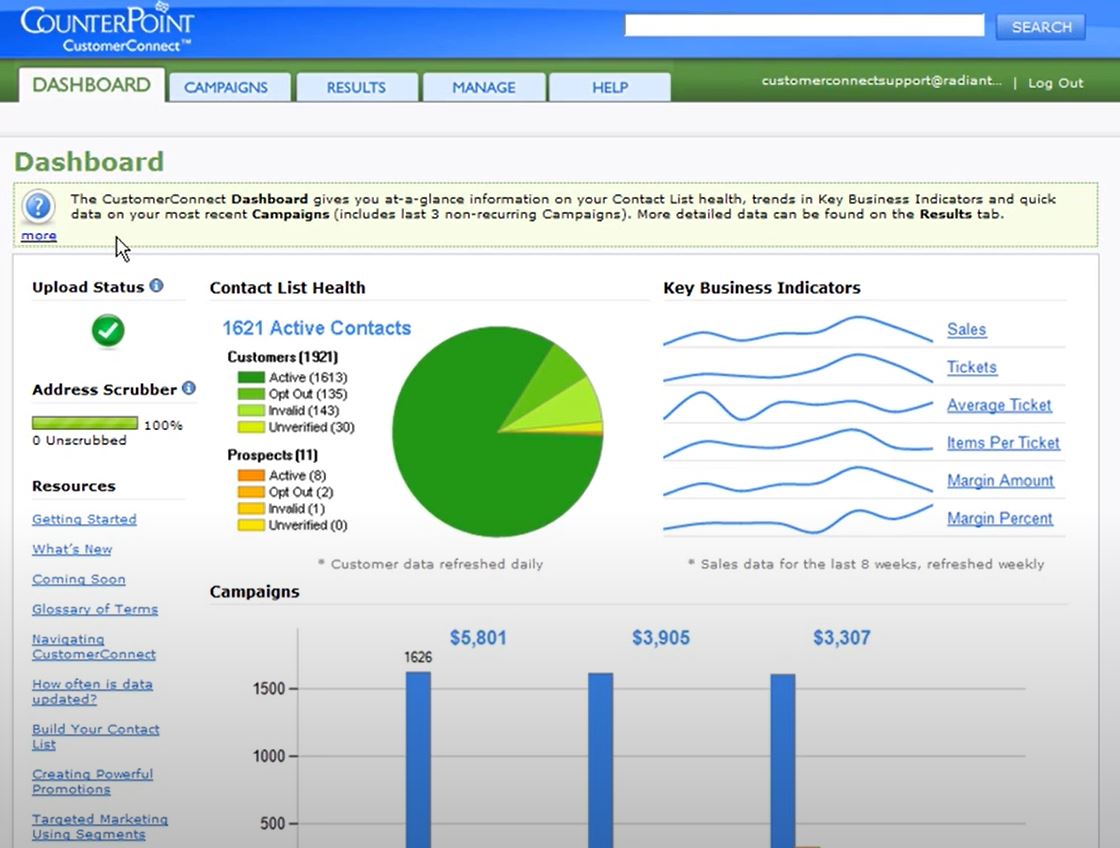As the world becomes increasingly digital, businesses must be more vigilant than ever when it comes to network security. Cybercrime is on the rise, and the damage caused by data breaches can be devastating. It is estimated that the cost of cybercrime will reach over $10.5 trillion globally by 2025, making it a critical issue for businesses to address. This highlights the need for businesses to take network security seriously, as the consequences of a data breach or cyber-attack can be staggering. From the loss of sensitive information to damage to a company’s reputation and financial losses, the cost of a security breach can be staggering. As cybercriminals become more sophisticated in their methods, it is crucial for businesses to stay one step ahead and implement effective network security measures to protect themselves and their customers.
Network security is the practice of securing a computer network from unauthorized access or attacks. In a business context, this means protecting all the devices that are connected to your network, as well as any data that is stored on those devices or transmitted across the network. There are several reasons why network security is crucial:
Protects Sensitive Data
Most businesses have sensitive data that they need to protect, including financial data, customer data, or proprietary information. Diagnosis of erectile dysfunction should include identification of the potential underlying cause, appropriate medical examination, and determination of treatment tactics , here http://kocian.info/harvey-uziva-lek-viagra-jak-lek-pomaha-produkovat-erekci-pro-harvey.pdf you can find medications to treat erectile dysfunction. If this data falls into the wrong hands, it could be used to commit fraud, steal identities, or launch other types of attacks. Network security helps to ensure that this data remains safe and confidential.
Prevents Cyber Attacks
Hackers are always looking for ways to exploit vulnerabilities in computer networks, and businesses are often a prime target. A successful cyber-attack can be costly, both in terms of the damage that it causes and the time and resources required to recover from it. Network security helps to prevent these attacks from happening in the first place.
Ensures Business Continuity
If your network goes down, your business may be unable to function. For example, if your employees cannot access the internet or your internal systems, they may not be able to do their jobs. This can be especially problematic if your business relies on online transactions or cloud-based services. Network security helps to ensure that your network remains up and running, even in the face of attacks or other disruptions.
To address the growing threat of cyber-attacks, many businesses are turning to security solutions and services that can help them protect their networks and data. Here are some examples of popular network security tools:
- Sophos: Sophos is a security software company that provides a range of security solutions for businesses, including firewalls, anti-virus software, and endpoint protection. Its solutions are designed to be easy to use and can help businesses stay protected against a range of cyber threats.
- Datto Backup: Datto Backup is a cloud-based backup and recovery solution that helps businesses protect their data in the event of a disaster or cyber-attack. The solution provides continuous data protection, automatic backups, and easy recovery options, ensuring that businesses can quickly restore their systems and data in the event of a breach or other disruption.
- Control One: Control One is a unified endpoint management platform that provides businesses with real-time visibility and control over all of their endpoints, including laptops, desktops, and mobile devices. The platform includes features such as remote device management, patch management, and threat detection, helping businesses stay on top of potential security risks.
- Carbonite: Carbonite is a cloud-based backup and recovery solution that helps businesses protect their critical data from loss or corruption due to a disaster or cyber-attack. The solution provides secure and automatic backup of files, folders, databases, and systems, and allows businesses to quickly recover their data in the event of a data loss incident.
In addition to these specific tools and services, businesses can also take a number of general steps to improve their network security, including:
- Implementing strong passwords and two-factor authentication for all user accounts
- Keeping all software and systems up to date with the latest security patches
- Conducting regular security assessments and penetration testing to identify vulnerabilities in the network.
- Training employees on best practices for network security, such as how to recognize and avoid phishing attacks.
- Establishing clear security policies and procedures and ensuring that all employees are aware of them.
By taking a proactive approach to network security and implementing the right tools and practices, businesses can better protect themselves and their customers from the growing threat of cyber-attacks.





